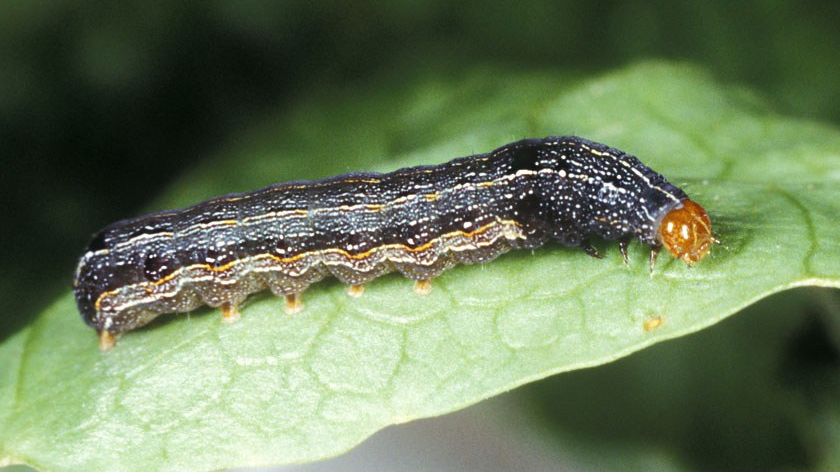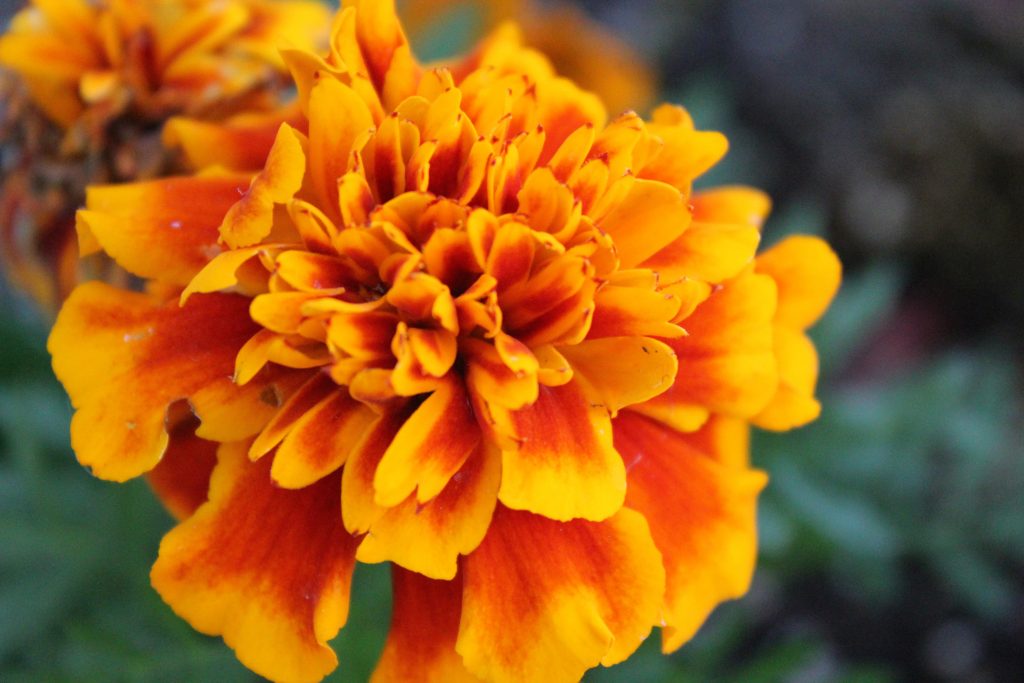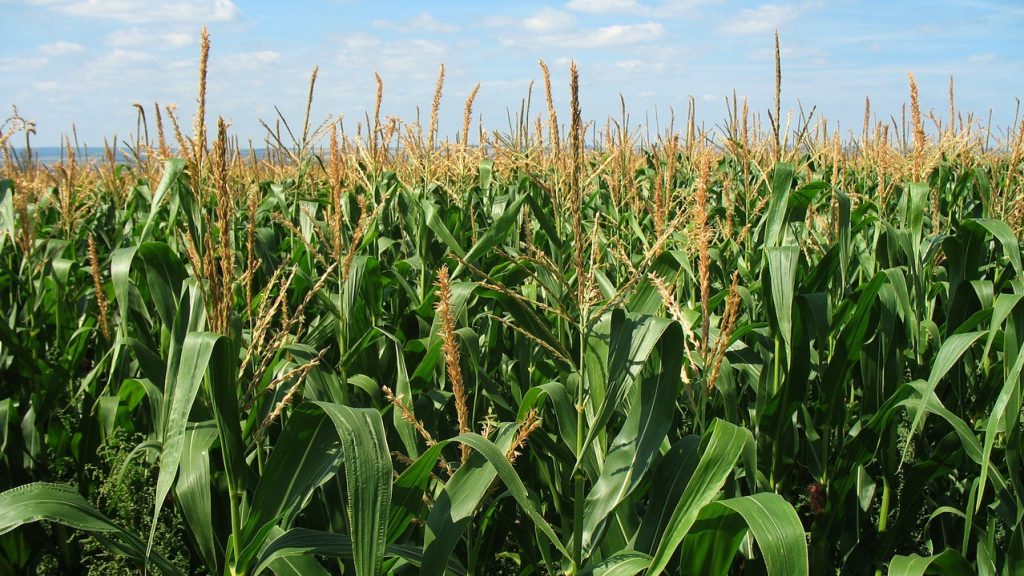COSMIC: Workshop to develop locust management tools in China
Grassland habitats play an important ecological and economic role in Inner Mongolia, China. The primary threats to this ecosystem are grasshoppers and locusts, which are major pest insects across China. There are currently a range of monitoring and management strategies in place to control and reduce the damage caused by these pest species. However, successful…
Aerobotics: Supporting precision agriculture across Africa
Aerobotics, a Cape Town-based agritech startup company has recently partnered with the South African Federation of Agricultural Organisations (AgriSA) to launch a free data service for farmers using a range of spectral imaging technology. As a company, Aerobotics specialises in farm monitoring processes using a number of modern spectral imaging technologies, including satellite and drone…
CABI collaborates on new research which suggests crop pests more widespread than previously known
Insects and diseases that damage crops are probably present in many places thought to be free of them, new research shows. Pests that have not been reported in a certain area are usually assumed to be absent, but analysis by the University of Exeter shows many pests are “currently unobserved, but probably present” (a likelihood…
Farmers in Malawi to benefit from space-age technology in fight against devastating crop pests
Farmers in Malawi are the latest to benefit from a CABI-led consortium, funded by the UK Space Agency, which is providing a Pest Risk Information Service (PRISE) to fight pest outbreaks that could devastate crops and livelihoods across the country. The service, which uses state-of-the-art technology to help inform farmers in sub-Saharan Africa – including Zambia, Ghana and…
World Food Prize winner’s vision sown in CABI-led Plantwise programme in Myanmar
World Food Prize Laureate for 2019 Simon N. Groot, founder of East-West Seed, helped train CABI Plantwise plant doctors in Myanmar so farmers can grow more and lose less to pests and diseases (Photo: World Food Prize). Simon N. Groot, the Dutch founder of East-West Seed, has won the World Food Prize 2019 for empowering millions…
CABI collaborates on innovative approach to tackling pesticide resistance evolution
CABI is joining an international team of scientists, led by the University of Stirling, to take a ‘revolutionary approach’ in attempting to tackle resistance to pesticides in insects with a specific focus on crops pests in Brazil. The £620,000 study will see UK-based Dr Belinda Luke working on the mass production of fungal biopesticides and formulation development…
CABI-led £1.6 million collaboration helps reduce China’s reliance on harmful pesticides
A CABI-led project involving an international team of remote sensing and plant protection experts is helping China reduce its reliance on harmful pesticides to fight crop pests and diseases including yellow rust fungal disease of wheat and locusts. The £1.6 million STFC Newton Agri-Tech Fund-financed project is leaving a lasting legacy in helping the Chinese Government…
Controlling whiteflies: How marigold is helping to promote safer alternatives for pest management
In a recently published study, researchers have identified the natural insect repelling chemical produced by marigold, reinforcing what farmers have culturally used for years as a tool to prevent or reduce whitefly infestations.
Maize lethal necrosis disease on the decline in Kenya
Plant clinic data collected by Plantwise countries in East Africa has corroborated a statement from the International Maize and Wheat Improvement Center (CIMMYT) which said maize lethal necrosis disease (MLN) is “under control but not eradicated”.
CABI’s latest ‘weapon’ in the fight against devastating crop pests showcased at Commission on Phytosanitary Measures
CABI’s latest ‘weapon’ in the fight against devastating crop pests has been presented to delegates at the International Plant Protection Convention’s (IPPC) Commission on Phytosanitary Measures (CPM) held recently at the FAO headquarters in Rome. Dr Washington Otieno, CABI’s Plantwise Programme Executive, told delegates at the 14th session of the CPM that CABI’s new Pest Risk…
- « Previous
- 1
- 2
- 3
- 4
- Next »










